
Download ready-to-use Linux virtual machines from OSBoxes
VirtualBox is a great tool for trying out some new Linux distro, but you’ll usually have to spend a while finding a download and setting up your VM and operating system, first.
OSBoxes.org makes life easier by providing 40+ prebuilt VirtualBox (VDI) and VMware images for Android x86, CentOS, Debian, Fedora, FreeBSD, Gentoo, Linux Mint, Remix OS, Ubuntu and many more.

Raspberry Pi camera gets an 8-megapixel Sony upgrade
The Raspberry Pi itself has been refreshed several times since it first launched in 2012, but the 5-megapixel camera module has remained unchanged since it was introduced three years ago.
That changes today however, as everyone’s favorite Pi add-on finally gets a long overdue update.

Globalscape delivers faster enterprise file transfers
With increased cloud usage and more demand for remote working, the ability to move large files around efficiently has become more and more important.
Delays or latency in moving data can create serious challenges for a business and the size of files being moved is increasing, causing additional strain on bandwidth.

Restrict your PC to run only specific apps with Secure Lockdown
Secure Lockdown ($14.95-$29.95) is a quick and easy way to turn your computer into a "kiosk PC", a system which runs only the applications you specify.
If you run a business and would like customers to be able to browse some demonstration software, for instance, you probably don’t want them to be able to close that program, Alt+Tab to something else, log out or otherwise mess things up -- and that’s where Secure Lockdown can help.

Mötley Crüe's Nikki Sixx wants YouTube to pay artists more royalties
YouTube is not paying artists enough in royalties for music videos, and Mötley Crüe's Nikki Sixx has had enough. He says that the Google-owned video site pays just a fraction of the likes of Apple and Spotify.
Sixx is calling on other musicians to join forces in a bid to make YouTube dig deeper into its pockets and pay artists a fair share. He is quick to point out that this is not just about getting more money for himself, insisting that he is also looking out for "the little guy -- the up and comers that we were at one point".

Why DDoS is far from dead
Distributed Denial of Service (DDoS) attacks that are carried out by a botnet (a network of compromised computers) to overwhelm the processing power of the victim computer, effectively taking it out of commission, have been around for a while.
Peaking in 2000 with high profile attacks against Yahoo, eBay, CNN.com, Amazon.com and other e-commerce sites, they evolved in 2010 to be used by Hacktivists such as Anonymous in their Operation Payback, which escalated into a wave of attacks on major pro-copyright and anti-piracy organisations, law firms, credit card and banking institutions. Traditionally, DDoS attacks were network‐based. In such volumetric-based attacks, the attacker flooded the victim computer with information, taking up all of the victim computer’s bandwidth and infrastructure, overwhelming the victim computer’s ability to process the volume of information. Scripts for such attacks have become readily available on the Internet, as well as the Darknet. Therefore, it seemed as if DDoS was "old news".

A regsvr32 hack is all it takes to bypass Windows' AppLocker security
A security researcher has discovered a way to get around Windows' AppLocker security system. Casey Smith found that it was possible to use Regsvr32 to call up a remotely hosted file that could be used to run any application -- malicious or otherwise -- of your choice.
This is something that will be a concern to companies, many of whom rely on AppLocker as it restricts what users are able to run on their computers. What is particularly concerning is the fact that the exploit does not require administrator privileges, and doesn't make any changes to the registry which makes it difficult to detect.

New Windows 10 updates causing massive problems for some users
One of the big changes Microsoft introduced in Windows 10 was mandatory updates. It’s easy to see why the software giant believed this was a good idea -- reducing the number of unpatched systems is great news for everyone -- but it does mean when a bad update is released by Microsoft, everyone installs it.
Case in point is two new updates released this month that have created problems for some users.

Commercial notebook shipments return to growth
Commercial notebook shipments have returned to growth in the first quarter of 2016, new figures by market analysts IDC say. New form factors, guided by the ever increasing desire for mobility, aided by the new Windows 10 operating system and the Skylake processors were key drivers for this growth.
HP was the biggest winner of the new change, with Dell also outperforming the market average, IDC’s report says. Asus, Apple and Fujitsu posted some strong results, as well.
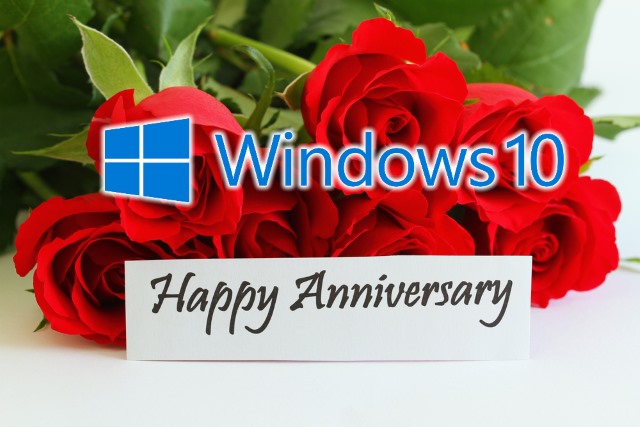
Windows 10 Anniversary Update is shaping up to be something really special
Windows 10 has been the subject of a lot of criticism since it launched, including quite a lot from me. But at the same time, Microsoft reports that the latest version of its operating system is installed on a staggering quarter of a billion devices. The company must be doing something right. Where Windows 10 succeeds -- particularly for Windows Insiders -- is that it is constantly evolving.
Windows 10 Insider Preview Build 14328 is the latest build out of the door and it shows great signs of improvement. It might be a little early to call it, but if this massive update is anything to go by, the summer release of Windows 10 Anniversary Edition (or Windows 10 Anniversary Update) could be the real turning point for Windows 10 when it manages to win over the doubters and jump to justified -- rather than forced -- dominance. Build 14328 is a big update, and there's a lot to love.

Capture, edit and share full web pages with Open Screenshot
Desktop screenshot tools support many capture types, and sometimes this includes taking an image of a full web page, even when it doesn't fit on the screen.
Sounds great, but it's extremely difficult for a third-party tool to make this happen consistently with all browsers and web pages, and often it just won’t work.
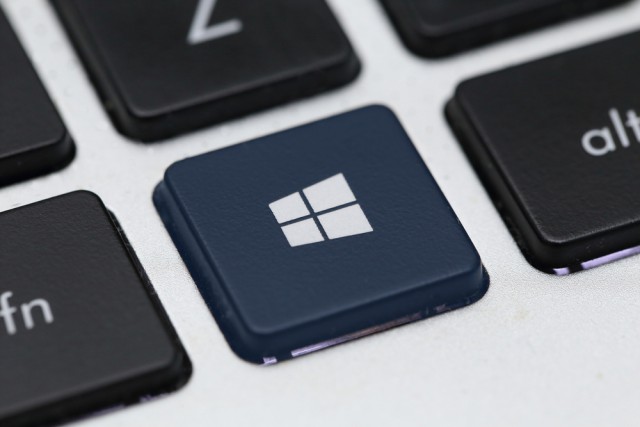
Microsoft reveals all about Windows 10's Linux subsystem
The arrival of Bash in Windows 10 took many people by surprise, but it opens up a number of opportunities including the ability to run GUI Linux apps. But it's about much more than just that. Microsoft wants people who are confused about the arrival of (deep breath...) Bash on Ubuntu on Windows to know of the potential, and has produced an explainer about the Windows Subsystem for Linux.
Microsoft's Deepu Thomas says that the subsystem was created by the Microsoft Windows Kernel team, and goes on to explain that this is much more than an interpretation layer or virtual machine. In fact, the Windows Subsystem for Linux was born from work carried out years ago for the NT kernel that was meant to bring POSIX and OS/2 support.
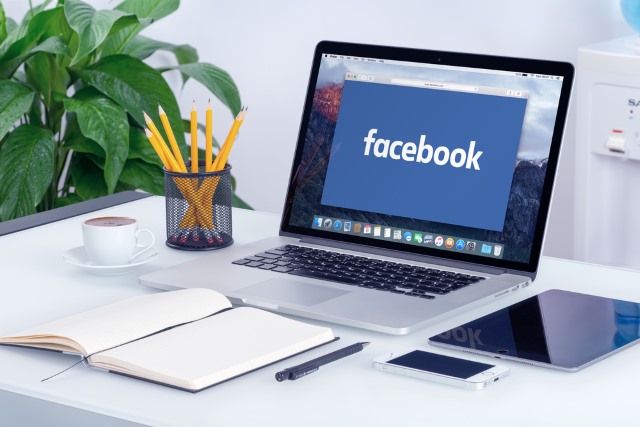
Hacker finds Facebook backdoor leaking usernames and passwords
The use of bounty programs to track down security vulnerabilities in websites and software is increasingly common these days, and it's a tactic employed by Facebook. One bounty hunter -- or penetration tester -- hacked his (or her… they are anonymous) way into the social network and made the shocking discovery that someone had already installed a backdoor.
Orange Tsai managed to compromise a Linux-based staff server and found there was already a piece of malware in place syphoning off usernames and passwords. These account details were being transmitted to a remote computer, and after revealing this to Facebook, Tsia pocketed $10,000 as a reward.
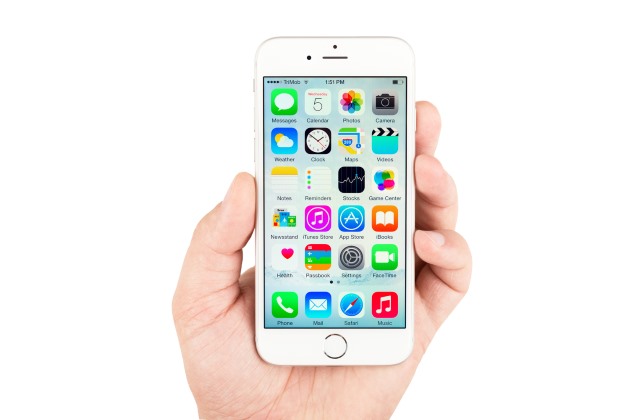
US Justice Department accesses another iPhone without Apple’s help
When it came to the San Bernardino iPhone, Apple was ready to dig in its heels and refuse to help the FBI to gain access to the encrypted contents. As it turns out, the company needn’t have bothered shouting as a third party helped instead. Now the same thing has happened with another iPhone.
This time around, the Justice Department had been looking for help accessing an iPhone at the center of a drugs case in New York. But now federal prosecutors have said they no longer need Apple’s help as they have managed to get by the lockscreen.
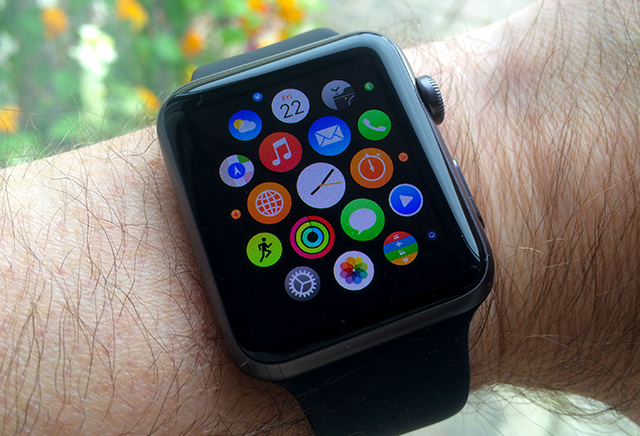
Apple tells developers watchOS apps must work without an iPhone
Apple has announced to developers that, starting June 1, all watchOS apps submitted for inclusion in the App Store must be native apps based on watchOS 2 SDK. What this means in practice is that Apple Watch apps must function without an iPhone.
This is something that has plagued wearables from other manufacturers -- including Samsung -- and the new rules will almost certainly go down well with consumers. Ultimately this should lead to an improvement in the quality of Apple Watch apps, as developers will be forced to build in more functionality.



